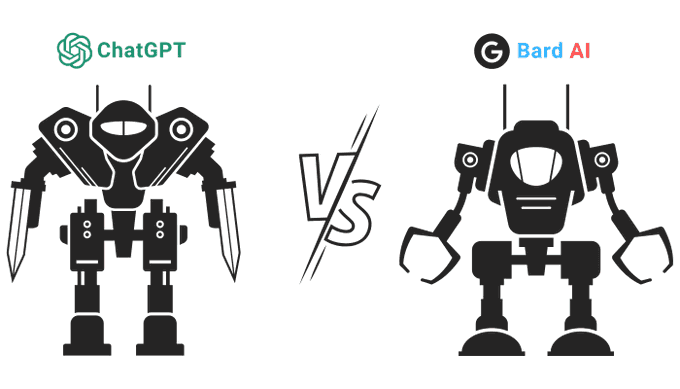Pichai acknowledged that Google's cautious approach to AI development had contributed to Bard's limitations. He also shared that he had discussed the project with Google's co-founders, Larry Page and Sergey Brin, and that it was crucial not to release a more capable model before being able to manage it properly. Despite these setbacks, Pichai is hopeful about AI's future and its potential benefits, while also emphasizing the importance of anticipating and meeting the challenges associated with AI's rapid growth.
Although Bard was released to the general public in the U.S. and U.K. on March 21, it has failed to garner as much attention as Microsoft's Bing AI chatbot and OpenAI's ChatGPT. With the forthcoming upgrade, Google hopes to catch up to its competitors in the AI chatbot domain.
Author
-Anurag

 RSS Feed
RSS Feed